Publications
Articles, publications, books, tools and multimedia features from the U.S. Institute of Peace provide the latest news, analysis, research findings, practitioner guides and reports, all related to the conflict zones and issues that are at the center of the Institute’s work to prevent and reduce violent conflict.
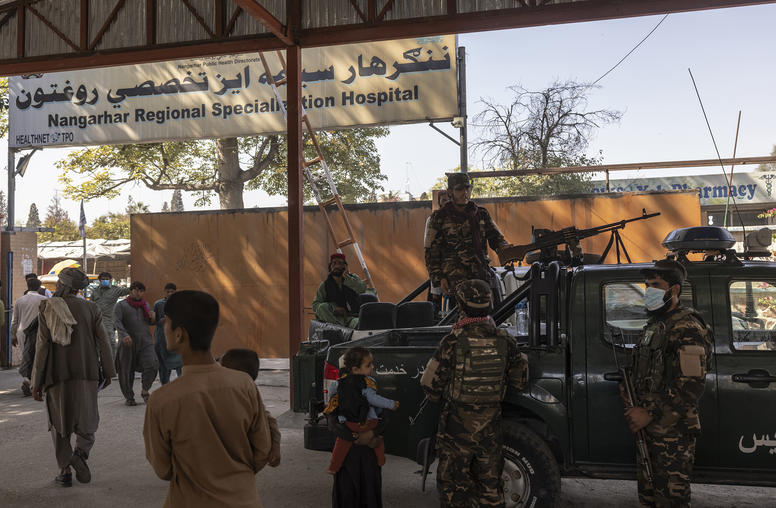
Aiding Afghan Local Governance: What Went Wrong?
After 20 years of an ambitious, costly international state-building effort, the government of Afghanistan collapsed in the summer of 2021 in a matter of weeks. The Afghan security forces’ remarkably rapid defeat earned significant attention, but the Taliban victory over the internationally backed Afghan republic stemmed equally from deep-seated political and governance factors. Across all the facets of the Western state-building endeavor in Afghanistan, there is now an enormous need to assess how the international project fell so far short of its aims.
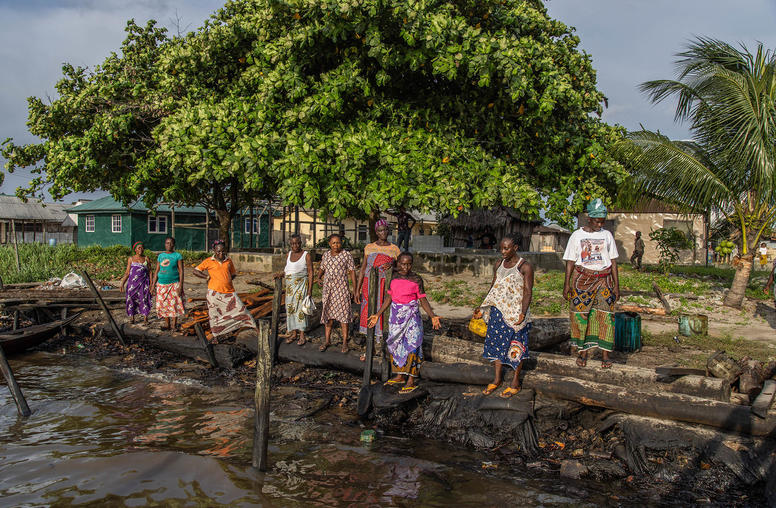
It’s Time to End ‘Business as Usual’ With Nigeria
Secretary of State Antony Blinken’s visit this week to Nigeria is timely, for Africa’s demographic giant is shuddering with its most dangerous instability in 50 years: insurgencies, uncontrolled criminality and constrictions of freedom of expression. Nigeria is failing to fulfill basic tasks of a nation-state, and its partners need to halt “business as usual” to open an honest dialogue about the current failings. For the United States, this means dropping some old practices in the way America engages Nigerians. U.S. engagements must center more on Nigeria’s citizenry, notably the 70 percent who are younger than 35, and with Nigeria’s 36 disparate states.
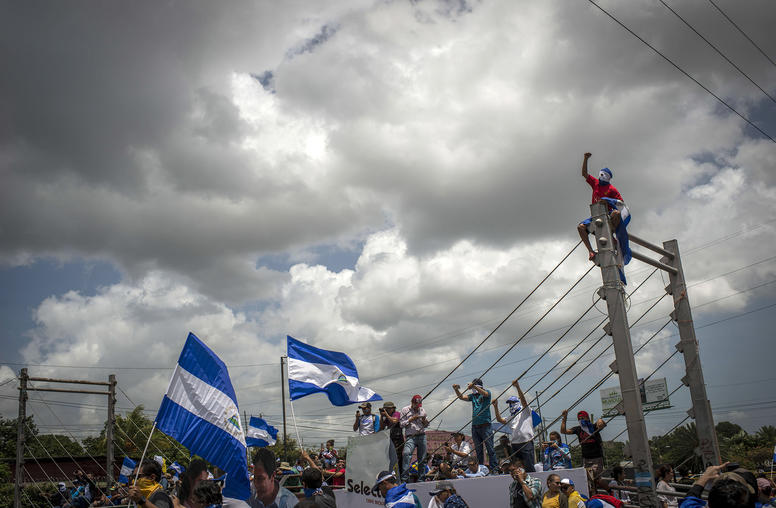
¿Es irreversible el descenso de Nicaragua a una dictadura?
Después de reclamar una victoria decisiva en las elecciones del 7 de noviembre, Daniel Ortega, quien ha estado en el cargo desde 2007, ahora podría liderar Nicaragua hasta 2027, convirtiéndolo en el gobernante con más tiempo en el poder en toda América Latina. El gobierno sandinista aseguró su victoria reprimiendo cualquier disidencia y arrestando a decenas de opositores al régimen. Para Estados Unidos, contrarrestar la corrupción y la represión en Centroamérica es un desafío no solo en estados hostiles como Nicaragua, sino también entre antiguos aliados como El Salvador, Guatemala y Honduras.

Is Nicaragua’s Descent into Dictatorship Irreversible?
After claiming a decisive win in the November 7 elections, Daniel Ortega — who has been in office since 2007 — could now lead Nicaragua until 2027, making him Latin America’s longest serving ruler. The Sandinista government ensured its victory by shutting down dissent and arresting dozens of regime opponents. For the United States, countering corruption and repression in Central America is a challenge not only in unfriendly states like Nicaragua but also among erstwhile allies like El Salvador, Guatemala and Honduras.
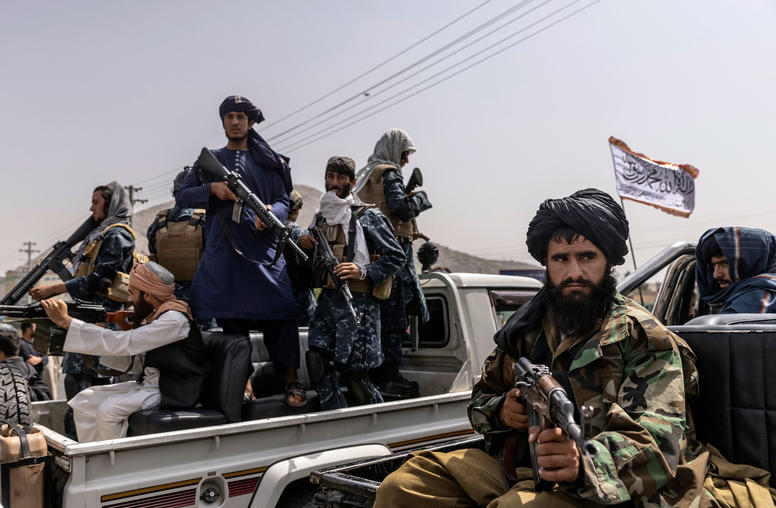
Winter is coming in Afghanistan. Are the Taliban ready?
Nearly three months after the Taliban’s rapid takeover, Afghanistan is descending toward one of the world’s worst humanitarian crises with an economy in freefall. As the harsh winter season looms, aid agencies have warned that over half the country’s population — a staggering 22.8 million people — will face acute food insecurity, including 3.2 million children under five. Now in power, the Taliban’s failure to deliver basic services is exacerbating this dire humanitarian situation. But immediate relief is a distant prospect as the Taliban deliberate on how to govern the country and the international community mulls over how to engage and pressure the fledgling government.
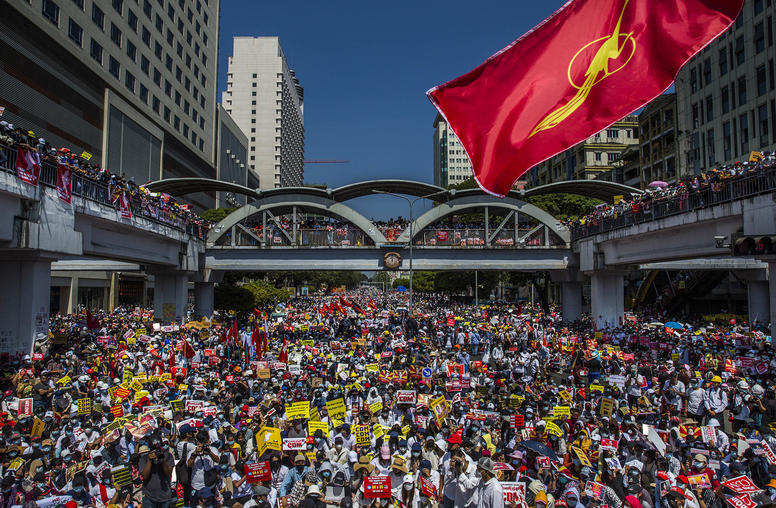
A New Myanmar Forum Aims to Unite Democratic Forces
Since the Myanmar military overthrew the country’s elected government early this year, the forces of resistance have set two immediate objectives: Prevent the generals from gaining military and administrative control of the country, and unify their own diverse and fractious democracy movement. The movement has made progress toward the first goal. On the second, a shared vision of the future is yet to emerge, as divergent stakeholders struggle to overcome historical grievances.
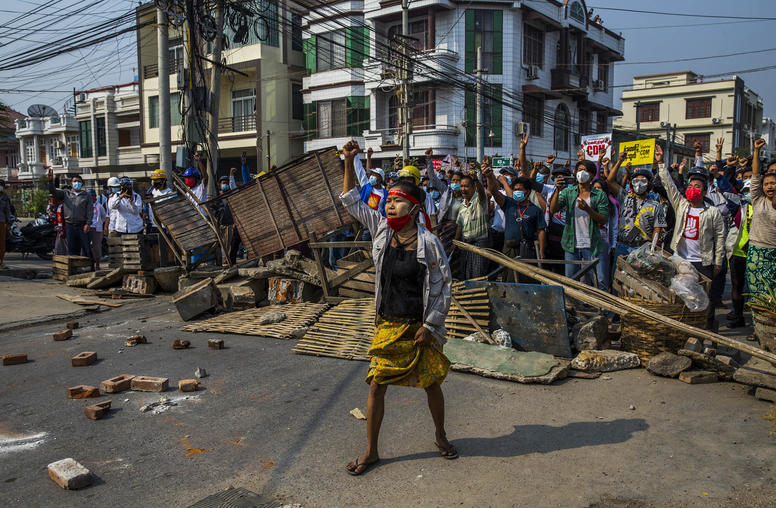
Myanmar’s Unity Government Meets with NSA Sullivan, Gains Further Traction
U.S. National Security Advisor Jake Sullivan recently met with representatives of Myanmar’s National Unity Government (NUG) — a shadow government representing the lawmakers elected by the people in the November 2020 election. The meeting boosted the NUG’s regional and international profile as an alternative to the brutal violence of the Burmese military, which has failed to gain control over the country since last February’s coup. But questions remain about whether the NUG and the disparate ethnic armed groups, political parties and civil society leaders that reject military rule can find common ground beyond a shared enemy.
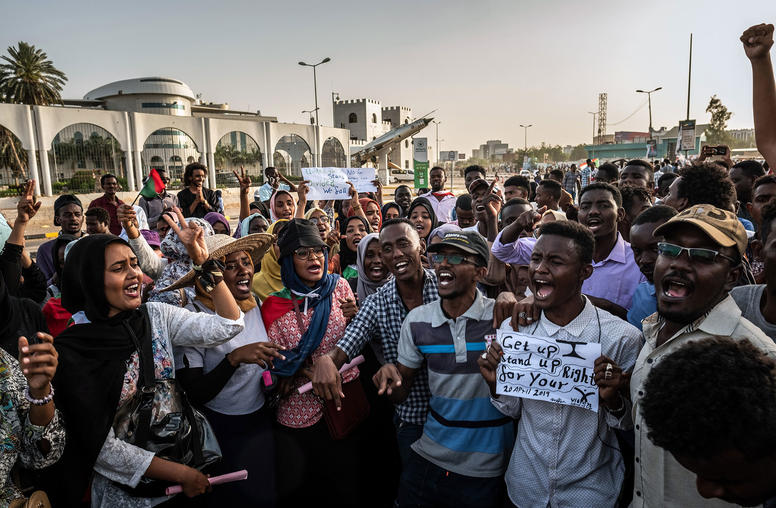
Dissecting Sudan’s Coup
On October 25, Sudan’s military detained the country’s prime minister and key civilian leaders, dissolved the government and declared a state of emergency. The coup, which has put in doubt Sudan’s transition to democracy, quickly prompted protests in the streets of the capital Khartoum and other cities. Some protesters were killed after being fired on by security forces and calls for mass protests on October 30 are growing. USIP’s Joseph Tucker and Manal Taha analyze what the latest developments in Sudan mean for the country and consider the options for the United States to respond to this crisis.
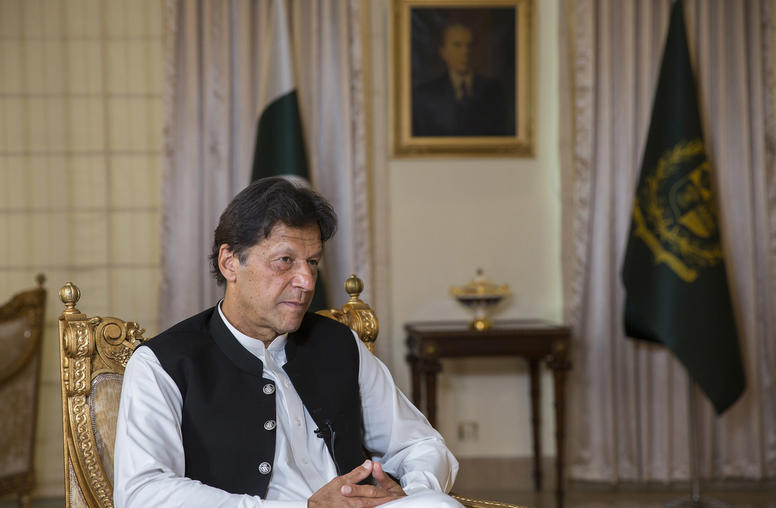
Pakistan’s Shifting Political and Economic Winds
There was an air of optimism in May 2021, when Pakistan’s finance minister, Shaukat Tarin, told Bloomberg that his government would spend almost $6 billion to create jobs and stimulate growth. The aim, he argued, was to achieve a GDP growth rate of over 5 percent. Fast forward to October and the tone has significantly changed, with the finance minister informing an audience in Washington that growth had to be moderated to prevent macroeconomic risks from materializing, meaning that Pakistan cannot afford to grow too fast.
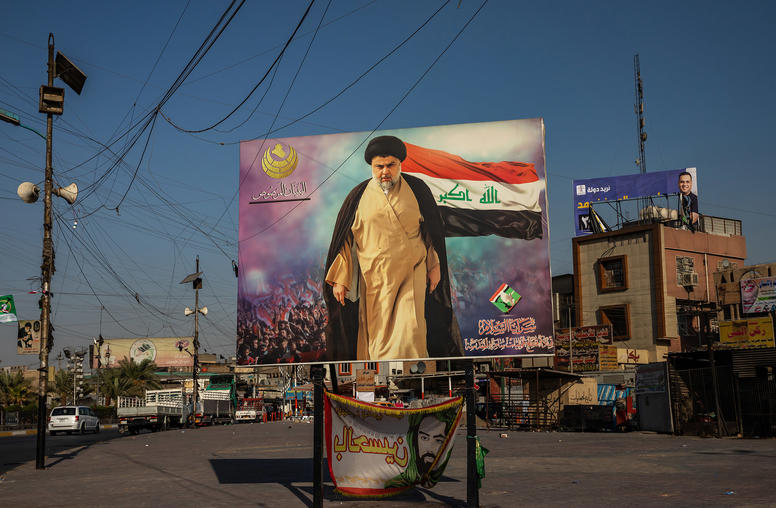
Iraq’s Election Raises More Questions Than Answers
Muqtada al-Sadr, a Shia cleric whose Mahdi Army followers battled U.S. forces during the years of the occupation, made big gains in Iraq’s parliamentary election on October 10. His victory could pose problems for the United States and Iran. But despite the Sadrist List’s electoral success, it is not a given that al-Sadr will be the next man to lead Iraq, or even be the only kingmaker. USIP’s Elie Abouaoun examines the outcome of the election, the electoral process and the implications for Iraq’s future.